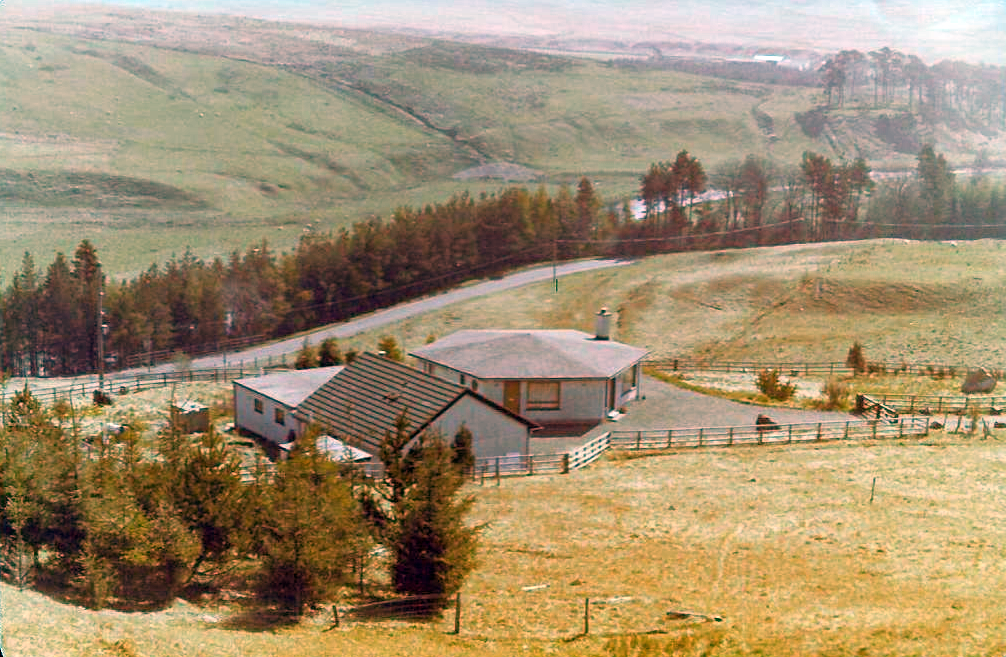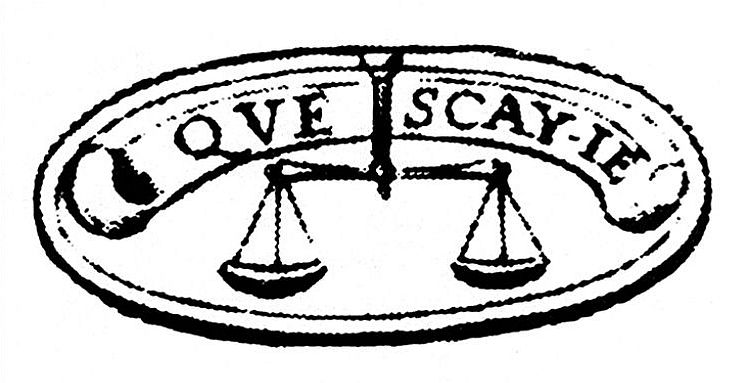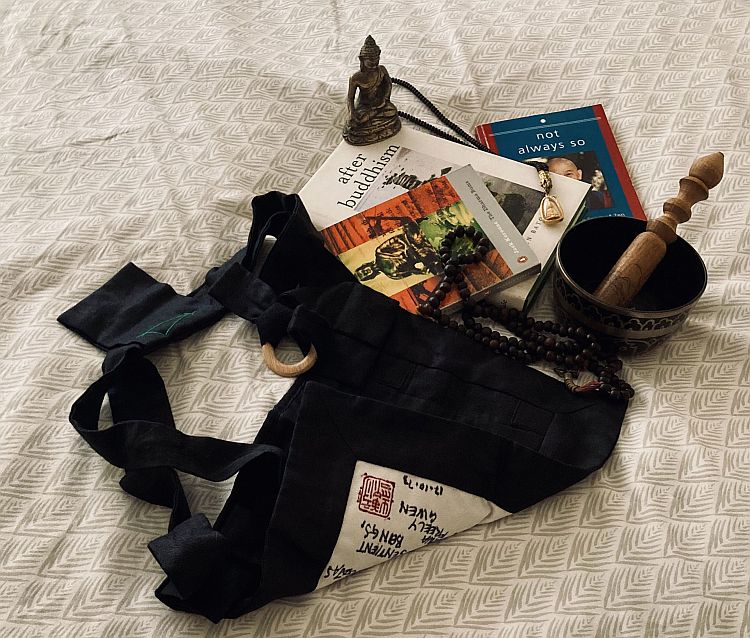Views: 71

Ever since I went on my first Buddhist meditation retreat, I had a keen interest into how these events were structured and what their aim was for the different types of people who would frequent them.
I would hear participants say that it was a time to consolidate their practice and for others it was a chance to get enlightened and find themselves! I also think for some it was a chance to get all religious and pious and feed their hungry egos. Replacing one dogma with another!
For me it was a time to reflect and ask questions not just of myself but of the teachers too. I wanted to know as much as possible and was hoping to find whatever it was I was looking for! I guess you could say I wanted to work out what the hell my life was all about!
Needless to say, once I had returned to the world of shipyards and the industrial northeast, I was even more confused. A retreat is an insular thing and some would say one is being selfish by cutting oneself off from the world, but I disagree with that sentiment. When you face up to yourself and admit to having insecurities and frailties it makes you more compassionate to others. You realise that we are all in this together.
You may remember me to talking to Zen Teacher Jiyu Kennet Roshi, and she questioned the term “retreat” by exclaiming:
“Just what is it you are retreating from? We are here to face life head on!”
That statement changed my understanding and redefined my approach to meditation practice. I looked at it from a different angle and have continued to fine tune it to this day. I have been sharing these ‘tunings’ to a wider audience with the Tuesday night meditation sessions and have now decided to run a Weekend Online Retreat.
On an actual weekend retreat you turn up and you are given an introductory talk and a brief explanation of the format of the weekend. A very basic timetable is available and you may be taught the rudiments of meditation. Most timetables were strictly adhered to, and some retreats are conducted in silence. More often than not, there will be a work schedule with everyone being allocated tasks.
I remember staying at Samye Ling Tibetan Monastic Centre and being asked to look at the central heating boiler (due to my engineering background). I repaired it luckily with minimum tools. Others worked in the kitchen or tended to the gardens.
In the Tibetan tradition the discipline seemed very relaxed and everybody just got on with things until the lunchtime bell or meditation bell sounded. Even then some didn’t turn up for meditation especially at 6am!
It was a little like a Tibetan mini break for me.
Throssel Hole Priory (Soto Zen tradition) had a much tighter structure and everything was done by the book. The rules were strictly adhered too, and the work schedule was tightly structured with everyone having a specific task for the period of retreat. I found that approach kept me a lot more focussed, and I came away from it more resolved to practice meditation and use it on a daily basis. It felt very practical.
It was at Throssel Hole Priory that the teacher told me that she thought it strange we called these periods retreat.
From the conversations I had with fellow participants, it seemed that many were trying to escape from something. From their day to day suffering, their neuroses, their family, their situation and even their spouses. In fact, what they found was that there was no escape because these concerns were in their heads, anyway. It was all about their perception. What they thought about their thoughts.
No one gets out of here alive!
At least that’s what I realised.
For example, thoughts about the past and the future were just thoughts. Thoughts with no inherent truth to them. Like phantoms of the mind that only have power and influence when you attach importance to them as they drag you down the rabbit hole.
On a retreat you usually have an opportunity to speak with the teacher at a preordained time to discuss what has been going on whilst you have been on retreat. I can’t speak for others, but I never found these very useful. It was usually some pithy remark like:
“Just sit with it.”
“Take it back to the cushion.”
And whilst these zensplanations might have worked for a few in some cases, they only seemed to compound the meditator’s problems. The needs of the meditator were never resolved, and more often than not, that weekend would be the end their practice of meditation. You would never see them again.
I always thought this was sad, and I noticed that the turnover at these centers was large. More people would often give up their practice of meditation than continue with it.
As well as being a teacher of meditation, I have also been involved in NLP and other cognitive-behavioral models of therapy. Firstly, to help myself and then to help others. I found that some of the problems that my students came up with during meditation were things I could help them with. Some of the problem and behaviours were traumatic, and being told to just sit with their problem made their situation worse. I like to be pragmatic and sort out the actual problem so that the student can go back to the cushion and simply focus.
When you have a question, it implies you would like an answer and whilst you can’t get answers to everything, having more tools available makes the task more achievable.
So how will an online weekend retreat experience work in practice?
The retreat will be run in as similar a format as it would if it was at a real venue. The first day would start at 8am with a two meditation sessions interspersed by a talk until lunch at 12.30pm. We can then eat together until 1.30pm.
We would then have a break for 2 hours where you could do tasks around the house mindfully in silence and read a short passage from some texts I would give you. Don’t worry, you won’t be tested!
At 3.30pm we sit again for 20 minutes and then discuss the texts until 4.30 and sit for another 20 minutes. This will be followed by a 2 hour break and a final evening session from 7.30pm until 8.15pm.
The event will be delivered via Zoom with only those registered to the retreat receiving links to all recordings of the talks and the manual that will accompany the retreat.
Look out for further news on the retreat in the email newsletter in the next few weeks.

